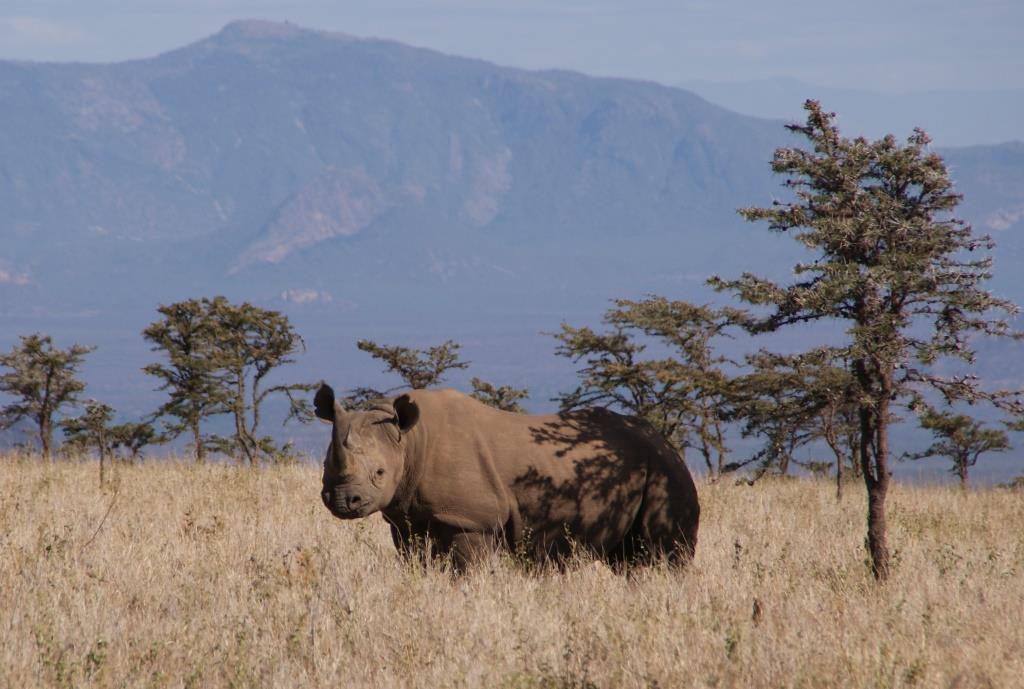In mid-April, news reports announced that the Kenya Wildlife Service (KWS) suspended six senior officers suspected of mismanagement and poaching. The officers are set to be investigated for their seeming lack of contribution to end poaching. More senior officials are expected to be suspended or redeployed as the government tries to cut corruption at the KWS.
In March, a spate of killings at Lake Nakuru National Park led to a staff reshuffle with over 20 rangers and several key staff being moved to other assignments. The Kenyan government has now formed a special anti-poaching unit to stop the killing of rhinos in Nakuru County, where six rhinos have been killed since the beginning of 2014. News reports state that poachers have killed 18 rhinos and 51 elephants so far this year.
Earlier this year the Kenyan based organisation Wildlife Direct released a report on the incredibly low conviction rates for poachers in the country. The report stated that between January 2008 and June 2013, only 4% of all convicted wildlife offenders ever go to jail, despite the thousands of poachers that were arrested for rhino and elephant poaching. All offenders were bailed at a fraction of the value of the wildlife they had killed, even in cases of repeat offenders.
In the New Year, Kenya implemented its new Wildlife Act, with much stricter punishments and penalties for those committing wildlife crimes. The most serious offenders caught smuggling endangered wildlife now face fines of up to 20 million shillings (GBP £140,000) or life imprisonment. There are early signs of heavier penalties being handed out with one Chinese man found guilty of smuggling a piece of ivory and fined Ksh20 million, or a 7 year jail sentence.
In early May, there were further signs of a government crack-down on corruption as the Kenyan wildlife authorities reported the arrest of two police officers for transporting illegal elephant ivory.
Kenya will not solve poaching until it solves high-level corruption. The Kenyan government is facing a strong national and international pressure to get to grips with the situation before poaching escalates further.
With the rising poaching threat, Kenya’s rhino programmes need urgent funding to protect its rhinos. Save the Rhino supports the work of several private and community conservancies, including Borana Conservancy, Big Life Foundation, and the APLRS.
Sources
All Africa – KWS arrests 6 top officers over poaching
All Africa – Anti-Poaching Unit Formed in Nakuru County
Washington Post – Two policemen arrested for transporting ivory Wildlife Direct – Target ring leaders to defeat poaching









